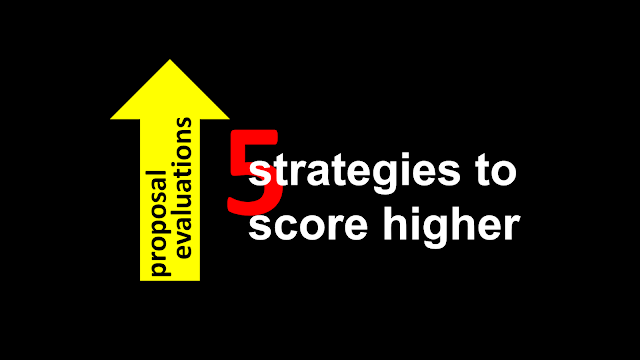Why Overworking May be Ruining Your Health and Reducing Your Productivity, Plus Two Easy Fixes

With ever increasing demands to do more with less, we may find ourselves working regular 10- to 15-hour days. However, this work pace may be doing more harm than good. Researchers studied the work habits of more than 600,000 people in the United States, United Kingdom, and Australia, and found that people who work more than 55 hours a week are 33% more likely to suffer a stroke and have a 13% greater risk of heart attack than those who work between 35 – 40 hours weekly. However, in addition to taking a toll on your health, relationships, and well-being, overworking may also be making you less productive overall. In this week’s article, I’ll explore the negative effects of overworking and two key ways you can improve your productivity, enabling you to tackle and complete your demanding work tasks, while leaving sufficient time for yourself, your family, and your personal well-being. 1. Take Regular Breaks Working for more than 60 – 90 minutes at a time can actually decrease y...


